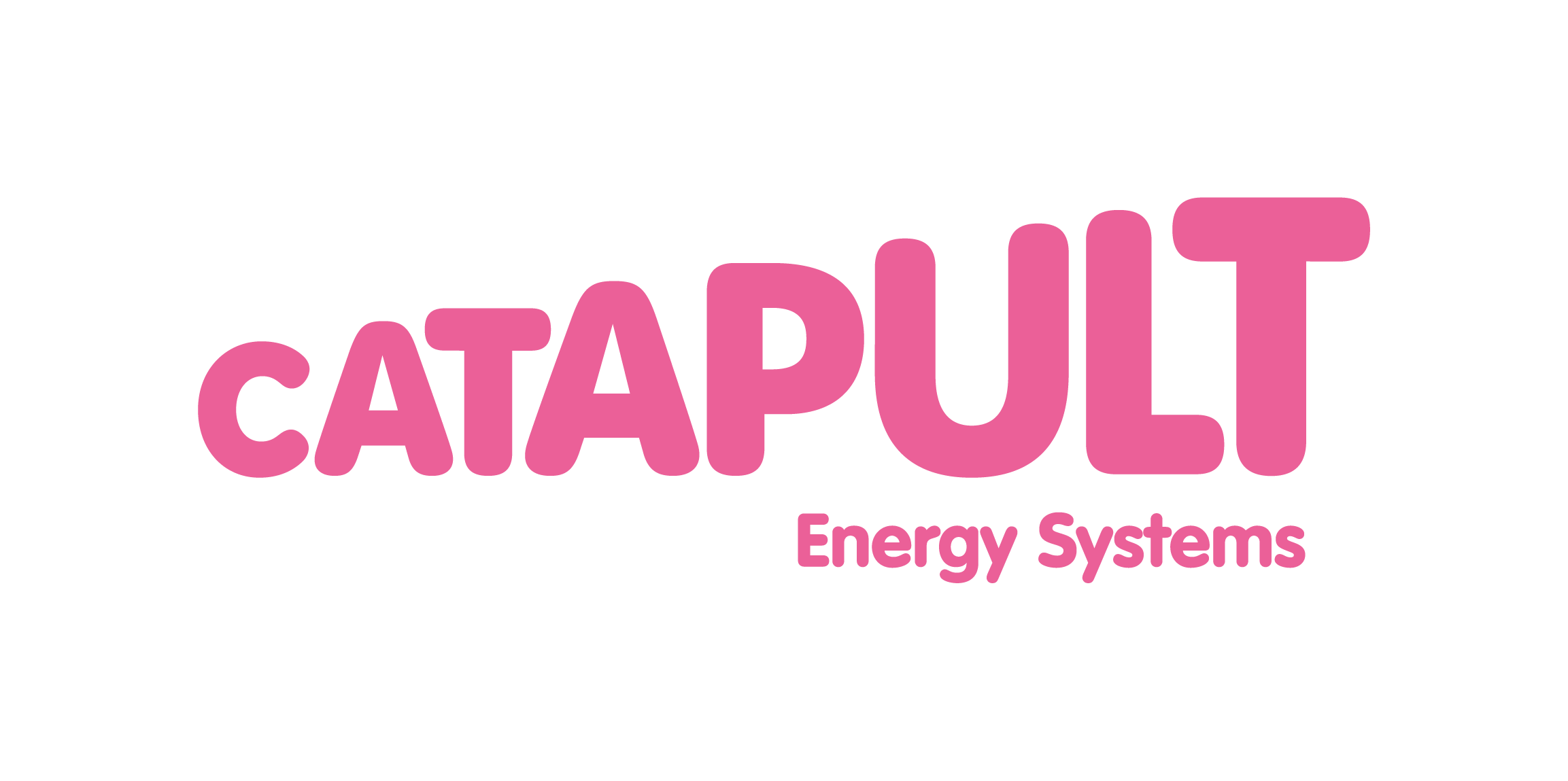Energy and Sustainability in the Public Sector 2021
Online Event 13 May 2021, 9:00am - 4:00pm
Day 1
9:00am
Online Registration
9:30am
Chair’s Welcome Address
9:40am
Keynote Address: the Modern Energy Partners Programme over the past 2 years
Christine St John Cox, Head of Modern Energy Partners, Energy Systems Catapult
10:00am
Case Study: Housing Sector Progress And Forward View
- Energy White Paper and Progress in Housing, leading the way for public sector
- Procuring Decarbonising well, avoiding funding initiative black holes
- Introducing our industry workgroup on strategic insights for positive progress towards zero carbon
- The Local Authority Role
- Development & Planning Policy Change needed
- Our closing thoughts and advice to the public sector
David Smith, South East Consortium
10:20am
Keynote Address: Developing A Collaborative And Cooperative Global Energy Innovation Community
- The increasing importance of innovation as we work towards achieving a net-zero economy
- The Innovation Measurement Framework: using a live and transparent dashboard to monitor innovation projects for the energy networks
- Developing a pioneering Innovator and Industry Charter to significantly strengthen engagement between the global innovation community and the UK energy networks
- Launching the Deployment Hub to bring together innovative products and services that have the potential to contribute to industry partners’ business challenges
- Case study examples of current innovation projects in energy and utilities
Denise Massey, Managing Director, Energy Innovation Centre (EIC)
10:40am
Questions And Answers Session
11:05am
Break and Networking
11:35am
Case Study
Matthew Lumsden , CEO, Connected Energy
11:50am
Keynote Address: Using Government Funding To Finance Energy Efficiency Projects To Meet Government Green Targets
- Addressing the importance of taking action to address climate change as a core priority despite the impact of Covid-19 to the UK economy
- Using peoples’ changes in working habits as a result of the pandemic to encourage change to benefit the environment
- Using the Public Sector Low Carbon Skills fund to help eligible public sector bodies develop bids and deliver projects for the Public Sector Decarbonsiation Scheme
- Using the Low Carbon Skills Fund to engage specialist and expert advice to identify and develop energy efficiency and low carbon heat upgrade projects
- Assessing eligibility for applications to the Grant Scheme and navigating the application process
Jo Mills, Assistant Director of Programmes, Salix Finance
12:10pm
Case Study: Tackling The Climate Crisis Through Green Transport And A Zero-Emission Zone
- Putting in place a zero-emission zone in the city centre by summer 2021 and covering the entire city centre by 2022
- Investing in active travel and public transport and overhauling the council’s fleet of vehicles
- Holding a citizens’ assembly on climate change to gauge the views of residents and businesses
- Enabling the rise of new sustainable transport businesses operating in the city
- Promoting electric vehicle (EV) uptake by local businesses and the public and installing public charging facilities
Councillor Tom Hayes, Deputy Leader, Oxford City Council
12:30pm
Keynote Address: Supporting Governments And Local Authorities In Building A Sustainable Future
- Mitigating the effects and impacts of climate change by taking urgent action to cut carbon emissions
- Developing a credible and deliverable carbon reduction programme in local authorities
- Utilising a bespoke climate emergency local energy plan to take an integrated and long-term approach to decarbonisation locally
- Harnessing the economic benefits of decarbonisation through the creation of low carbon jobs and businesses and financial savings for residents, businesses and the council
- Providing sustainable travel by improving transport infrastructure and reducing emissions
Stew Horne, Head of Policy, Energy Saving Trust
12:50pm
Questions And Answers Session
1:10pm
Lunch And Networking
1:50pm
Case Study: Developing An Action Plan And Target To Achieve Net Zero For Carbon Emissions By 2030
- Developing and implementing a structured carbon management plan and securing funding by Government agency SALIX
- Purchasing 100% renewable power for internal use and switching the petrol and diesel ground fleet to electric vehicles (EVs)
- Retrofitting buildings across the estate to boost energy efficiency and ensuring all energy supplied to its 15,000 homes is renewable
- Achieving a 55% reduction in the amount of carbon emitted by each resident between 2008 and 2018
- Cutting energy bills and boosting air quality through decarbonisation
Councillor Kevin Maguire, Cabinet Member for Safe and Sustainable City Environment, Norwich City Council
2:10pm
Case Study: Aiming for Nothing? Or Are We Aiming for More? A University Perspective on the Net Zero Journey
- Developing a whole institution approach to the Climate Change Strategy vision to be carbon neutral by 2040
- Using a mixture of low carbon and renewable technology on campus including gas combined heat and power (CHP) and solar photovoltaics (PV)
- Reflecting on progress and the new challenge of net zero
- The issues the University faces and our current thinking
- Why aiming for nothing isn’t that inspiring- and what we are really aiming for
Dave Gorman, Director of Social Responsibility and Sustainability, University of Edinburgh
2:30pm
Question And Answer Session
2:55pm
Chair’s Summary And Close








